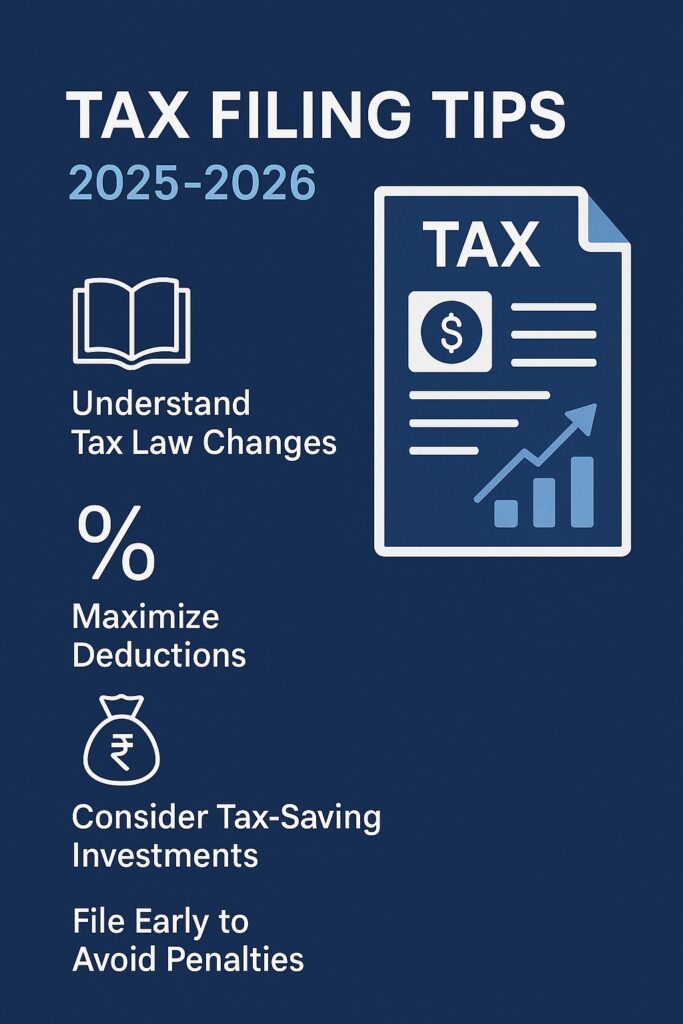Strategic Approaches for Business Growth and Compliance
Introduction
As India’s regulatory environment evolves, businesses face an increasingly complex tax landscape. With recent changes in tax laws and GST amendments, it has become imperative for companies to stay abreast of these developments to avoid pitfalls and optimize their financial strategies. In this blog, we delve into the emerging trends in tax regulations and offer strategic insights to help businesses navigate these changes successfully.
Understanding the New Tax Reforms
Recent reforms have introduced significant changes to the taxation framework, impacting everything from compliance procedures to strategic financial planning. Key aspects include:
Revised GST Regulations
The modifications in GST have implications for both small enterprises and large corporations. These reforms aim to streamline compliance while broadening the tax base. Understanding the nuances of these changes is crucial for managing cash flow and reducing the risk of non-compliance.
Enhanced Digital Compliance
With the government’s push towards digitalization, the filing process has become more streamlined, yet it demands a higher degree of accuracy. Automation tools and digital record-keeping have emerged as critical components for effective tax management.
Shift Towards Transparency
New policies are fostering greater transparency in financial transactions. This shift is intended to curb tax evasion and promote a more ethical business environment. However, it also means that businesses must adopt rigorous documentation and reporting practices.

Strategic Implications for Business Growth
Adapting to these changes is not merely a compliance exercise—it presents an opportunity for businesses to reassess their financial strategies. Consider the following strategic approaches:
Proactive Tax Planning
A forward-looking approach to tax planning can mitigate the impact of regulatory changes. Engage with financial advisors to explore options such as tax-efficient investments and restructuring.
Leveraging Technology for Compliance
Invest in cloud-based accounting systems that automate tax calculations and filing processes. These systems not only enhance accuracy but also free up valuable time for strategic planning.
Data-Driven Decision Making
Utilize analytics to gain insights into your financial performance and tax liabilities. Data-driven decisions can identify cost-saving opportunities and improve overall profitability.
Continuous Learning & Adaptation
Tax laws are dynamic. Regularly updating your knowledge and training your team on new compliance requirements is essential for long-term success.
Best Practices for SMEs and Startups
For small and medium-sized enterprises (SMEs), the stakes are particularly high. Here are some actionable best practices:
Maintain Accurate Records
Ensure that all financial transactions are meticulously recorded. Accurate data not only simplifies compliance but also aids in strategic decision-making.
Engage with Experts
Given the complexity of new tax laws, having access to expert advice can be a game changer. Consider partnering with a firm that has a proven track record in navigating the evolving tax environment.
Invest in Technology
Embracing technology can significantly reduce the administrative burden and improve the precision of your financial reporting.
Stay Informed
Regularly monitor updates from regulatory authorities and attend industry seminars. This proactive approach will help you stay ahead of the curve.
Conclusion
Navigating India’s new tax landscape requires a balanced approach that blends compliance with strategic foresight. By embracing technological solutions and engaging in proactive tax planning, businesses can not only manage regulatory changes but also harness them for growth. The evolving tax framework presents a unique opportunity to streamline operations, enhance transparency, and ultimately, drive business success.
Contact Us
For expert guidance on tax planning and compliance in today’s dynamic regulatory environment, please connect with us:
Manoj Prem & Associates
Phone: +91 9873736779
Email: info@manojpremassociates.com
